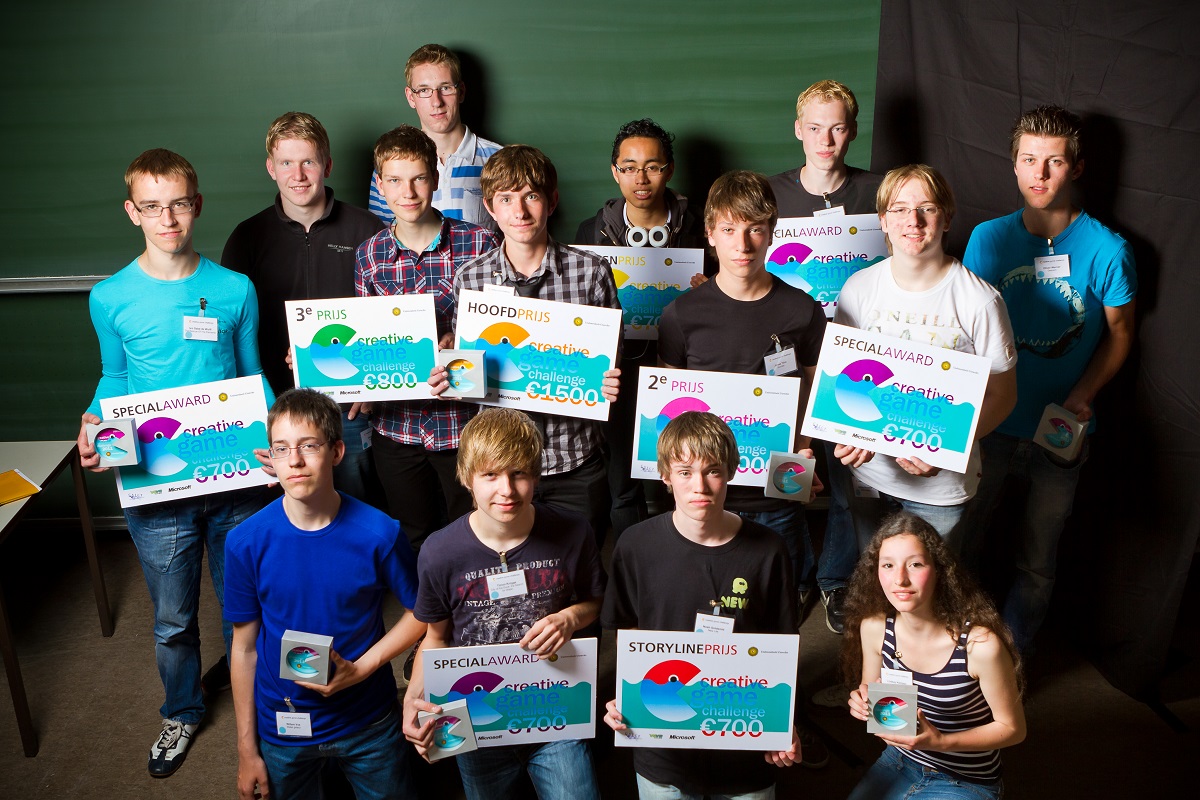Education projects
Interactive crowd simulation table presented at the Utrecht Science Museum in June 2017. (c) Ivar Pel.
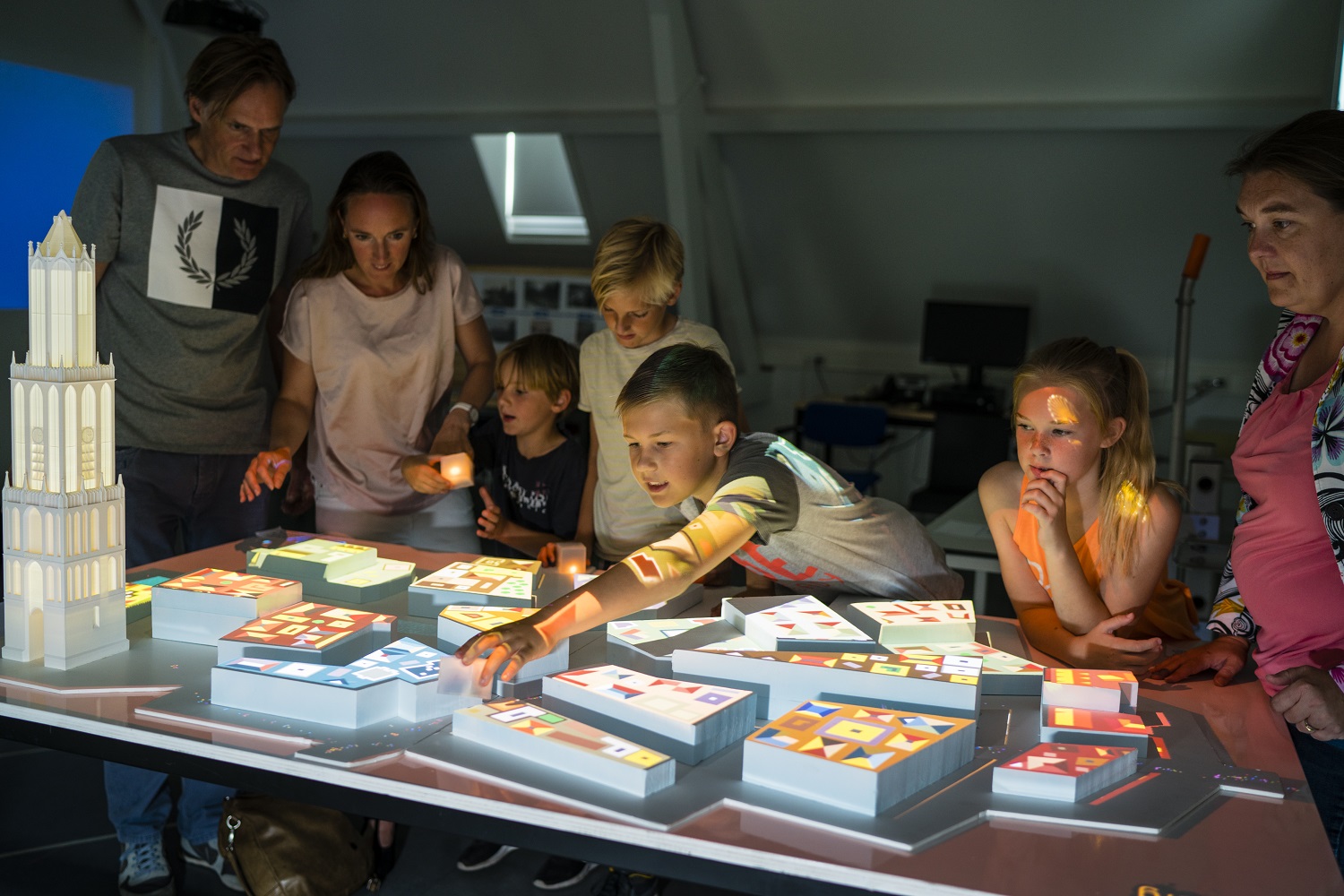
I am interested in participating in joint projects (e.g. Horizon 2020, NWO, Eurostars). Among other things, we can offer crowd simulation and motion planning expertise, research and software. If you would like to partner up, please don't hesitate to contact me.

'Build your own city with Lego blocks and unleash a big crowd of pedestrians with augmented reality.' — www.weekendvandewetenschap.nl
Smart city is an interactive simulation of a moving crowd in a desktop format. By using the capabilities of the HP Sprout PC, a user can build their own world with wooden blocks which are scanned by this PC. This world can then be enriched with instructions to build a simulation scenario. That is, by touching the projected interface, some spawn and goal areas are created for the pedestrians, directing their movements in the created world. Next, the simulation is run, and the user can observe what happens. Are there congestions building up? Are there places that become overcrowded? Finally, while the simulation runs, the user can place, move or remove dynamic obstacles and observe what impact this has on the simulation.
We demonstrated this demo during the Weekend of Science on 7 October 2018 and 6 October 2019, and we observed a steady 30-minute queue of kids (6-14 years old) who wanted to play. In addition, this demo encouraged the kids to play and try out different things, providing them a glimpse of the produced complex system and the science behind. The project was demonstrated before this event at the Innovation Expo 2018 in Rotterdam, to get some early feedback. It has been demonstrated at several events (e.g. Open days of the University, Universiteitsdag, Police academy) and at several workshops (e.g. education congress, Dutch police, civil servants). Moreover, this demo has enabled follow-up research on AR/VR, interaction technology and (future) studies with high-school students.
This project was funded by several entities within Utrecht University (Public engagement Seed Fund, Faculty of Science, Department of Computer Science, and Freudenthal institute).
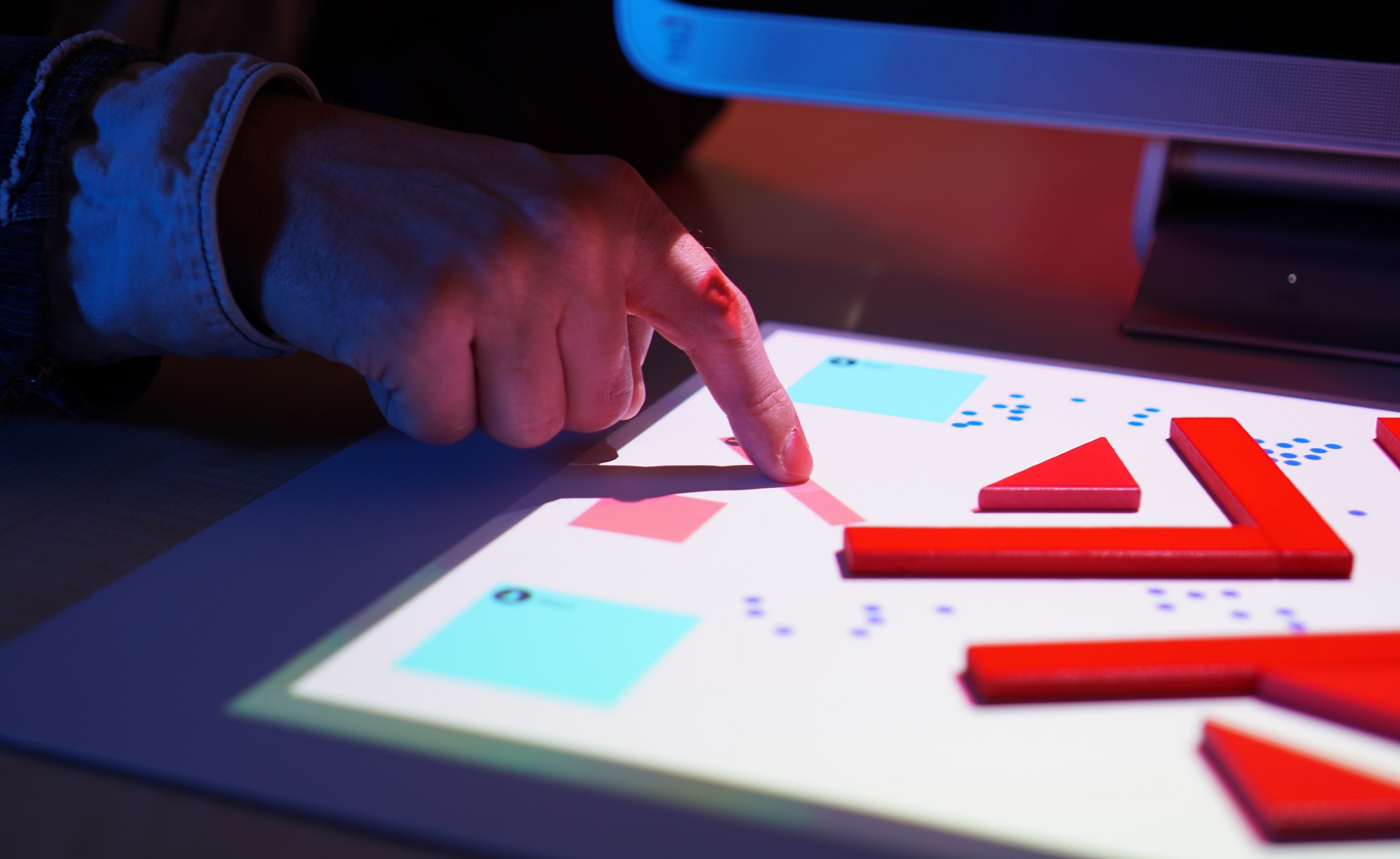
Wolfgang Hürst, and Roland Geraerts and Yiran Zhao. CrowdAR Table - An AR Table for Interactive Crowd Simulation. Appears in IEEE AIVR 2019, December 9-11, 2019 (San Diego, California, USA).
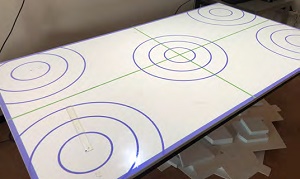
Weekend van de wetenschap. Smart city: simulate your crowd. 6 October 2019.
Wolfgang Hürst and Roland Geraerts. Augmented and Virtual Reality Interfaces for Crowd Simulation Software - A Position Statement for Research on Use-Case-Dependent Interaction. Will appear in IEEE VR 2019, 23-27 March 2019 (Osaka, Japan).
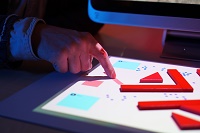
Weekend van de wetenschap. Smart city: An augmented-reality crowd simulation demo. 7 October 2018.
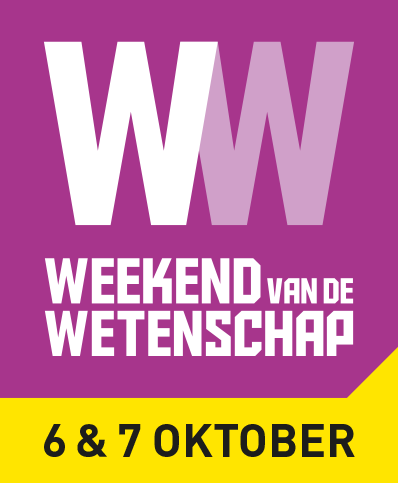
Movares. Crowdsimulatie: simuleren van tienduizenden mensen om maatschappelijke vragen te beantwoorden. 24 October 2018.
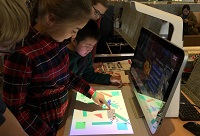
By completing this program, it will be easy to find a job: 97 procent of recent graduates has a job within 2 months. — www.uu.nl/masters/en/game-and-media-technology/activities
On 24 October 2017, we organised a live webinar on the Master's Programme Game and Media Technology (GMT). During this session, I have given (as master coordinator) detailed information about the Master's programme. I was accompanied by Master's student Ishdeep Bandhari from India, who shared his personal experiences with the programme with you, and by master coordinator dr. Maarten Löffler, who gave live chat support.
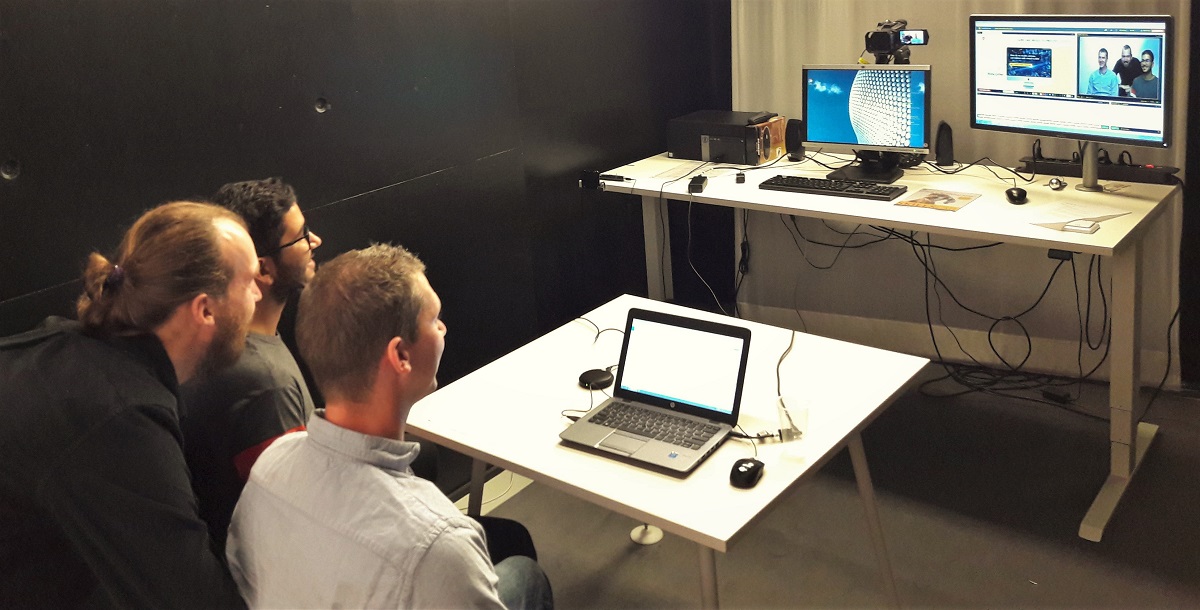
The mulidisciplinary Game Research summer course offers lectures and hands-on experience on a broad spectrum of aspects related to applied and entertainment games. — www.utrechtsummerschool.nl
Within the Summer school Utrecht on game research, I've organised a workshop on crowd simulation with the help of Wouter van Toll, Dionysi Alexandridis and Simon Dirks. We gave a lecture on crowd simulation techniques, on our Utrecht University Crowd Simulation (UUCS) engine and Unity3D in August 2017. 44 International participants used our UUCS plug-in to set up a simple crowd simulation in the Unity3D game engine. They ended up with a fully working simulation with a crowd of characters realistically avoiding obstacles and moving towards a common goal. This workshop was based on a similar workshop given at MSc students who participated in my Crowd simulation course.
My goal of such workshops is to make a connection between research and education, and to teach students about state-of-the-art crowd simulation research.
Roland Geraerts. Crowd simulation. SummerSchool Utrecht - Multidisciplinary Game Research. 23 August 2017.
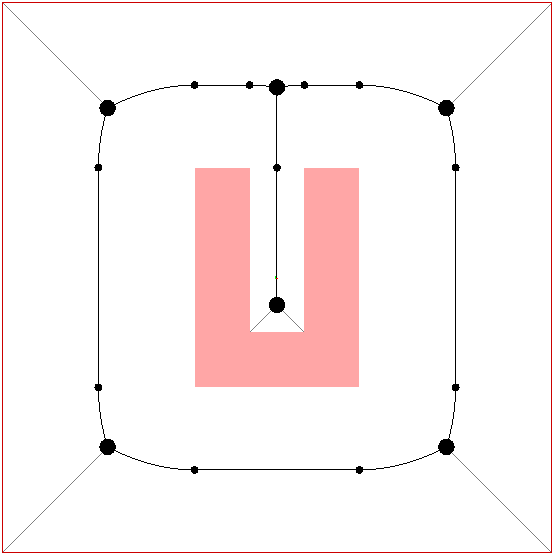
Wouter van Toll. UU Crowd Simulation Software: Theory and Implementation. SummerSchool Utrecht - Multidisciplinary Game Research. 23 August 2017.

Dionysi Alexandridis, Simon Dirks and Wouter van Toll. UUCS Crowd Simulation Master Class. SummerSchool Utrecht - Multidisciplinary Game Research. 23 August 2017.
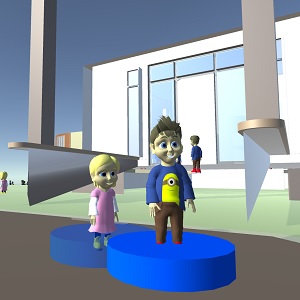
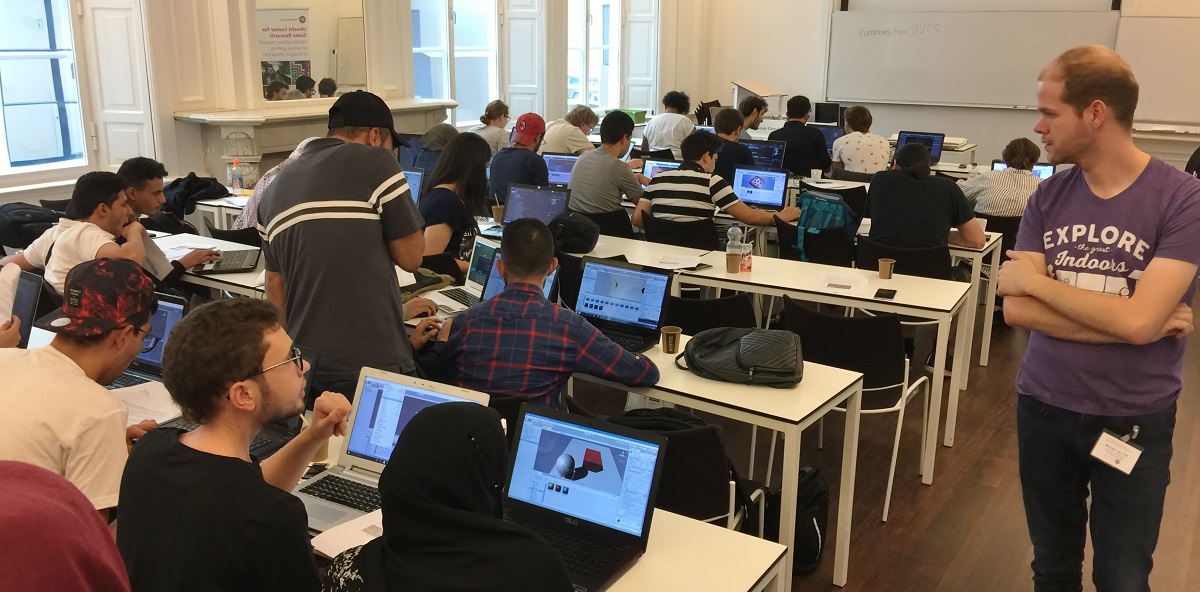
The Game & Media Technology master programme ends with an individual thesis project, conducted either within Utrecht University or as an internship at a company. Get inspired by the results of some of our recent graduates. — www.projects.science.uu.nl/cs-gmt/
In the role of master coordinator of the Game and Media Technology (GMT) master, Maarten Löffler and I have initiated a 13KEuro project that allows master students to dissiminate their work to a broad audience as part of their MSc project (2015-2016). The dissimination entails an accessible summary meant to be understandable to the general public, in a format that is easy to spread to large audiences. It can take several forms: besides a webpage with information on the project, it may be enriched with a website, a blog, a video, or a demo.
The objective of this project is two-fold. On the one hand, it forces students to think about their research in a broader sense and look at their project from a different point of view. This will help develop their communicative skills and better prepare them for employment in an increasingly introspective world. On the other hand, an accessible and engaging collection of past projects increases the visibility of both the GMT master program and the underlying fundamental research carried out at the Information and Computing Sciences department, and is expected to attract prospective students and research partners.

Op de Bachelor Open Dagen kun je bij elke opleiding algemene en/of verdiepende voorlichtingsrondes volgen. Bij verdiepende rondes kun je denken aan een themapresentatie of minicollege. Naast de voorlichtingsrondes vind je ook informatiemarkten. — www.uu.nl/bachelors/open-dagen
While being the chair of the bachelor information committee, I organised four times the bachelor open days for our department (2012-2014). This event attracted more than 500 students and parents per day. We gave presentations with generic information, and provided lectures and workshops with specialised topics to give the audience a clear picture about the study of Computer and Information sciences. Next, a room was filled with demo's given by BSc, MSc and PhD students. We made sure there was enough food available.
During that period, I also organised master classes about computer science topics and information presentations for high-school students, and I improved lots of folders, flyers and websites. We made disseminations for the press and several websites.
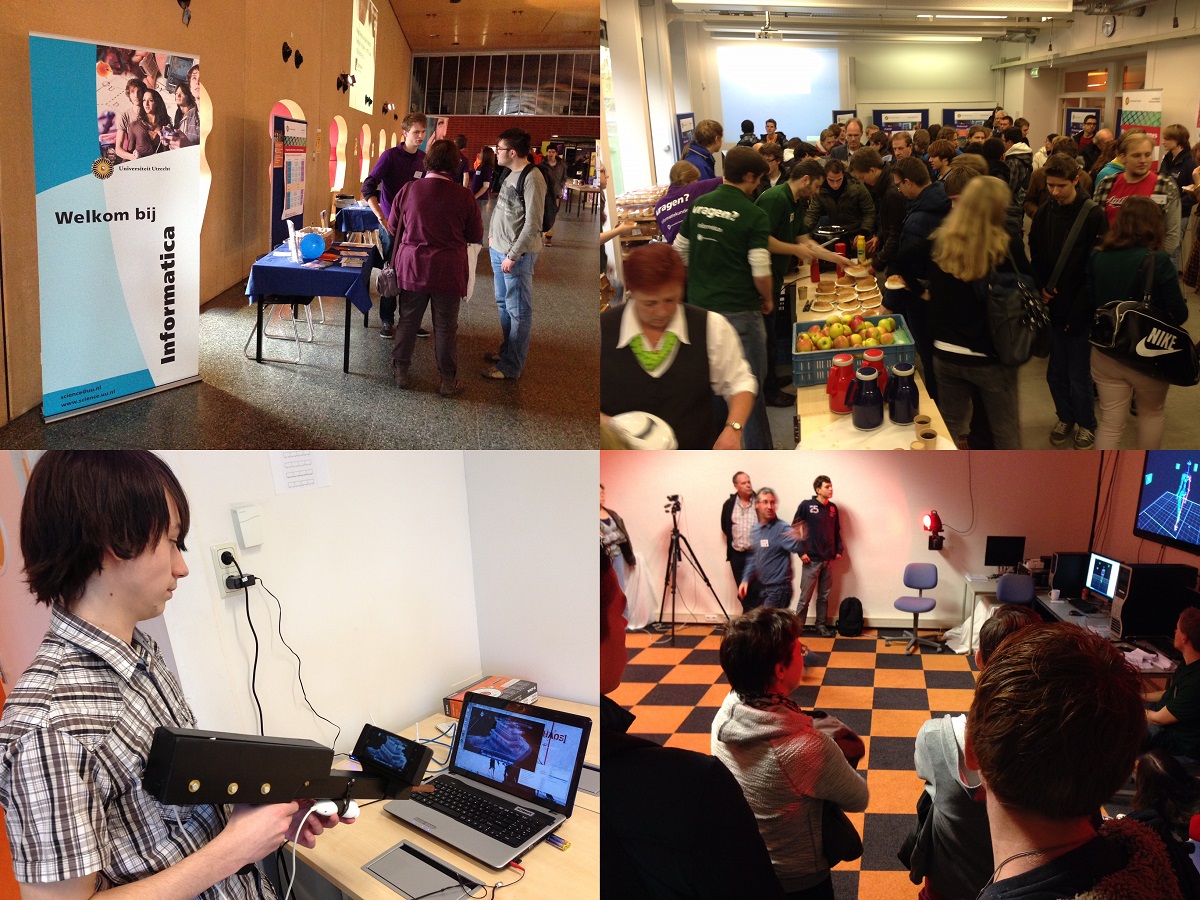
Let the games begin! — www.facebook.com
The Creative Game Challenge was a game development contest for high school students. Its purpose was to increase insights into the different aspects of computer science, and, with that, the interest in a computer science education. During this contest, students could make a game with Game maker. The games were judged and ranked by a professional jury. On the award ceremony day, students showcased their games, met each other, played games, and were entertained. Nine prices, worth 7500 Euro, were handed over by a famous Dutch person.
This contest was organised by the Computer Science department of Utrecht University, using many subsidies (130K). This was a yearly event from 2009-2010 till 2013-2014. I organised the regular version in 2010-2011 (where we reached more than 700 students), and the Young professionals edition in 2011-2012 (with a 10KEuro Sprint II subsidy of the Faculty of Science).
Roland Geraerts. Eindrapport Creative Game Challenge 2010-2011. 24 June 2011.
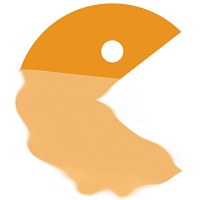
Roland Geraerts. Flyer Game Challenge 2010-2011. 24 June 2011.

